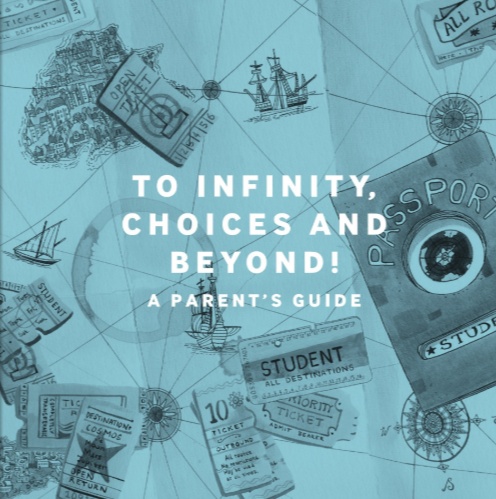Students
Our resources have been carefully selected to help you make informed choices about your next steps, whether you want to choose university or an apprenticeship.
Games
Interactive games to help you make informed choices about your next educational steps. With information about university modules, pathways, and student finance.
Guides
Our Life, University and Everything & To Infinity, Choices and Beyond guides our a fantastic resource to discover everything to do with going to university.
Jargon Buster
We know there can be lots of confusing language around Further & Higher Education, which is why we have this tool to help.
Video Library
Explore our collection of self-directed video resources to use virtually.
Educational Pathways
Apprenticeships
Apprenticeships offer the chance to combine practical, on-the-job training as well as earning an income.
University
University offers many benefits, from gaining more specialised knowledge on a subject area you are passionate about to increased earning potential.
Higher Education Road Map
Resources
STUDENT MENTAL HEALTH & WELLBEING
Careers
Here you will find resources on what to expect from a careers fair and information on finding the right career path for you.
Flying Start
Flying Start is jam-packed with information and activities that can help you plan the next steps in your education or training. Not only that, we’ve included lots of resources to help you prepare for life, study, and work after school. All to ensure you have the Flying Start you deserve!
“This is fun, I never really thought about my skills and passions before and how to turn those into jobs in the future.”
Empowering Student Voice
We have created this page where you will find a range of useful information and resources that relate to student voice in schools and beyond. These resources will be particularly useful if you are currently a member of a student council or would like to be in the future.
National Events
 Powered By UniTasterDays
Powered By UniTasterDays
FAQs
We asked students at our events what they want to know about Further Education & Higher Education. Click the link below to find out some of their questions and answers.


 Powered By UniTasterDays
Powered By UniTasterDays








